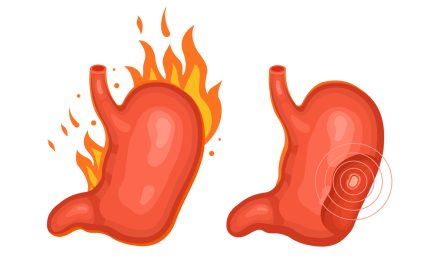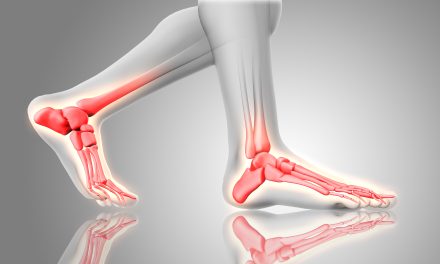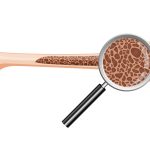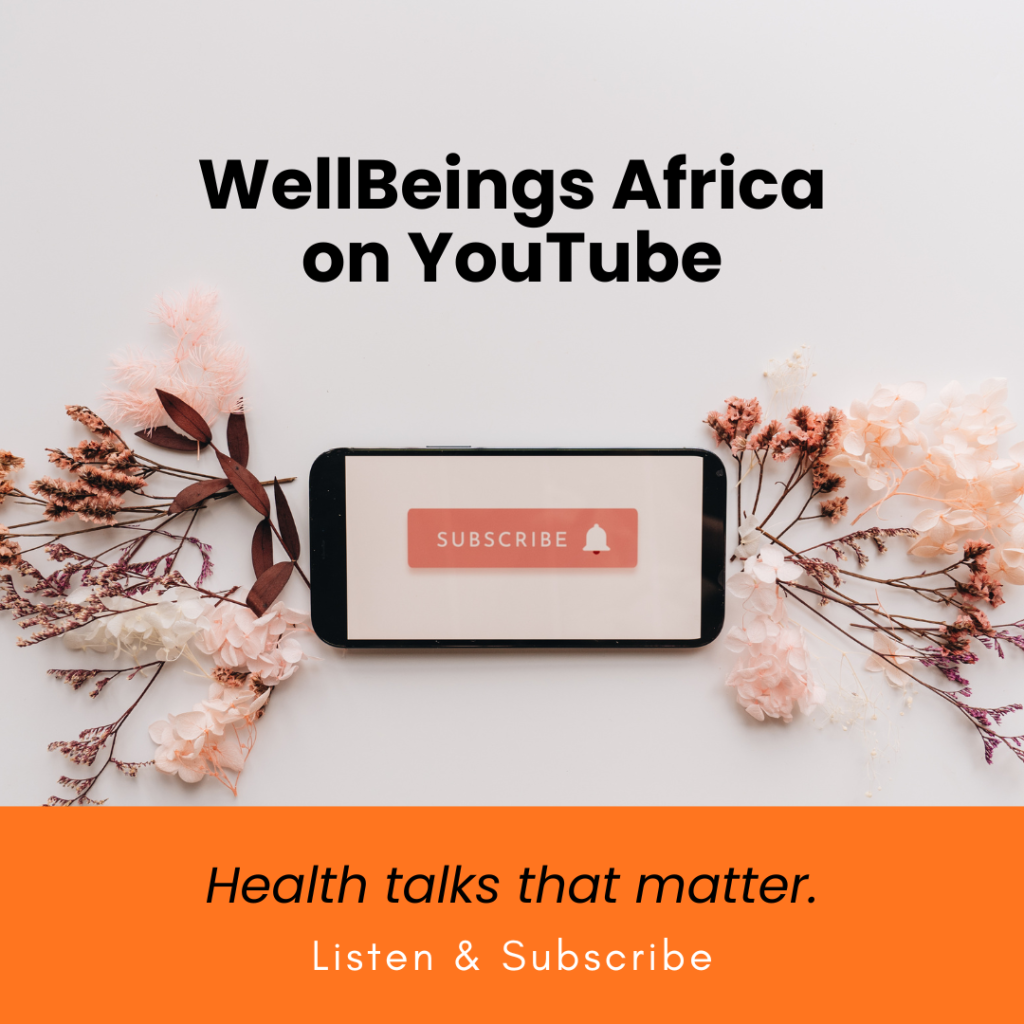Small, sustainable healthy habits focused on your wellbeing can improve your quality of life
Living with HIV can present unique challenges, but by intentionally focusing on healthy habits, you can feel better each day. Here are some practical tips to help you thrive while managing your condition.
Manage your medication schedule
One of the most critical aspects of living with HIV is ensuring you take your medication as and when you should. Antiretroviral therapy (ART) helps control the virus and empowers your immune system to function effectively. To stay consistent:
- Use your Smartphone or a pill organiser to keep track of your medications. Or, set alarms or keep your medication in a visible place to remind you.
- Incorporate your medication schedule into your daily routine, such as taking them with meals or at a specific time each day.
- Know the ins and outs of your treatment plan and the importance of each medication. This knowledge can motivate you to stay on track in managing your HIV status.
Drink enough water
Water is essential for overall health, and staying hydrated can improve the way your immune system functions. Aim to drink at least eight glasses of water a day. Keep a reusable water bottle with you to remind yourself to drink throughout the day. If plain water tastes boring, try infusing it with fruits or herbs, like lemon or mint, to make it more enjoyable. Use a hydration app or chart to track how much water you’re drinking, or stick a little note on the fridge for a friendly reminder, “Drink water!”.
What you eat matters – a lot
We can’t overstate how important a healthy diet is in managing your condition. Nutrition plays a vital role in your overall health and can help you feel better both physically and emotionally. A balanced diet lends support to your immune system and gives you the energy you need for daily activities. Fill your plate with fruits, vegetables, wholegrains, lean proteins, and healthy fats. These foods offer everyday essential nutrients and antioxidants. Consider meal prepping at the beginning of the week. This can save time and help you make healthier choices. Take it easy on foods that have excessive sugar, salt and additives. These can make you feel worse.

Move a little every day
Every single person needs regular physical activity. Exercise can boost your mood, improve your immune function, and increase your energy levels. Whether it’s dancing, walking, yoga, or swimming, choose activities that make you happy and motivated to stay active. Aim for at least 20 minutes of moderate exercise each day. Start slowly and gradually increase your activity level.
Sleep and sleep well
Sleep is just as important for your health as eating nutritious foods and exercising. Create a soothing, calming pre-sleep routine that might include reading, meditating, or taking a warm bath. Put down the phone at least an hour before bed to help your body wind down and ensure your bedroom is dark, quiet, and cool to encourage better sleep.
Kick stress to the curb
Techniques like deep breathing, meditation, and yoga can help you relax and reduce anxiety. Spend time on activities you enjoy, whether it’s painting, gardening, or listening to music. Don’t hesitate to talk to friends, family, or a therapist about your feelings. Connecting with others can help alleviate stress.
Keep in touch
Maintaining social connections is vital for emotional health. A support network can provide encouragement, understanding, and companionship. Look for local or online support groups for people living with HIV. Sharing experiences can be empowering. Make it a habit to check in with friends and family, whether through calls, texts, or social media and schedule regular meet-ups or outings with friends to maintain relationships and have fun.
Don’t forget your check-ups
Never skip your doctor’s appointments. Regular check-ups allow your doctor to monitor your health and adjust your treatment plan if needed.
- Write down any questions or concerns before your appointment to ensure you cover everything important.
- Keep a health journal to track your symptoms, medications, and any changes in your health.
- Be honest about your experiences, challenges, and any side-effects you may encounter.
Help at hand
Incorporating these daily habits into your life can significantly improve your overall health and wellbeing while living with HIV. Small changes can make a big difference, so take one step at a time. You have the power to lead a fulfilling life, and these habits can help you thrive on your journey.
Images: Pexels





















